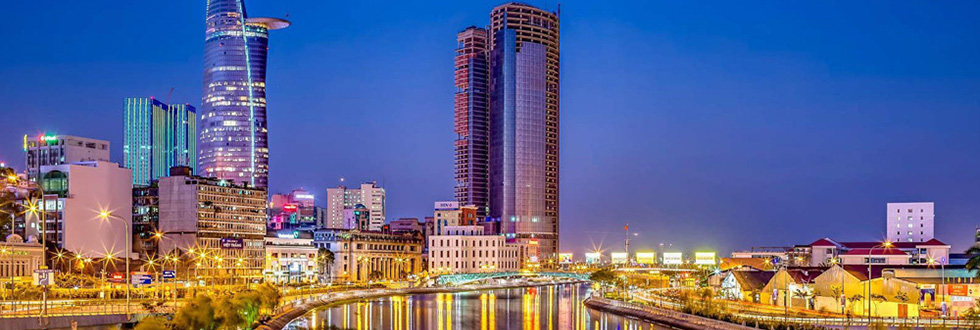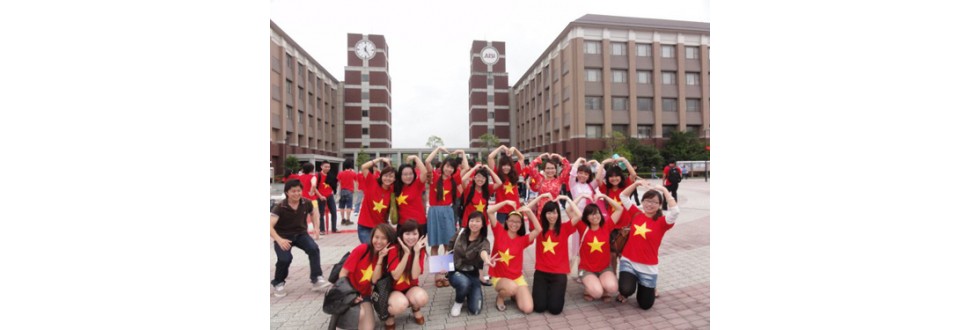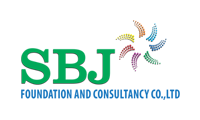SOCIAL
Why it has to be Vietnam ?
Living in Vietnam can offer a true taste of life in the East. Vietnam is a developing, densely populated country that has historically been associated with war and a punishing centrally planned economy. Today, however, it is becoming increasingly popular as a tourist destination and its beautiful countryside and beaches are becoming as much renowned as its tragic past.


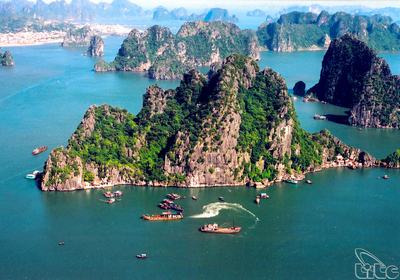
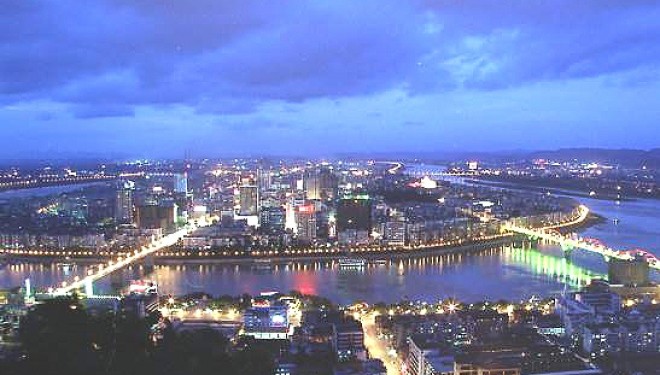
Although Vietnam is a relatively small country, covering a total area of approximately 329,500 square kilometers, it is home to 54 different ethnic groups. Of these the most significant group if the Kinh (Viet) people, who account for 86% of the total population. It is divided into 58 provinces and there are 5 centrally-controlled municipalities existing at the same level as provinces. These are Hanoi, Hai Phong, Da Nang, Ho Chi Minh City and Can Tho.
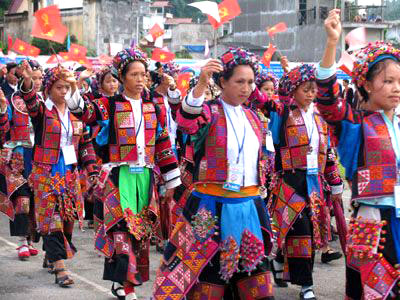
Vietnam as an Expat Destination
Vietnam has become increasingly popular as an expat destination in recent years and it is now recognized as a safe place for foreigners to live and work. Expats are attracted by the nice weather, low cost of living, lively culture and the steady improvements in Vietnam’s infrastructure. Despite the advantages there are still some issues that expats complain about on a regular basis when living in Vietnam. Top of this list is the pollution and it is common to see Vietnam’s residents, expats and locals alike, wearing masks in order to prevent the inhalation of dirty fumes. A further problem is the traffic conditions. The streets are regularly congested with high volumes of cars and bikes

Cost of Living in Vietnam
Vietnam has a comparatively low cost of living and expatriates can live a very comfortable life here with a moderate expenditure. In the 2012 Mercer Cost of Living Survey, Hanoi's position remained unchanged on the previous year at 136 in the list of most expensive cities in the world. There is varied accommodation available to suit all budgets, from up-market apartments in major cities through to modest houses in the suburbs.
Expatriates observe a big difference in the price of local food and western food in Vietnam and those who are prepared to eat at the local bars and restaurants will find that they can eat good food out at a very low price. Many western bars and restaurants, however, are much more expensive. As with many Asian cities, beer and spirits are very cheap but wine is expensive.


Language
Vietnamese (official), English (increasingly favored as a second language), some French, Chinese, and Khmer.
Climate
Vietnam has a largely tropical climate in the south and monsoonal in north.
Religion in Vietnam
Long-established religions in Vietnam include the Vietnamese folk religion, which has been historically structured by the doctrines of Confucianism and Taoism from China, as well as a strong tradition of Buddhism (called the three teachings or tam giáo).Vietnam is one of the least religious countries in the world. According to official statisticsfrom the government, as of 2014 there are 24 million people identified with one of the recognised organised religions, out of a population of 90 million. Of these, 11 million are Buddhists (12.2%), 6.2 million are Catholics (6.8%), 4.4 million are Caodaists(4.8%), 1.4 million are Protestants (1.6%), 1.3 million are Hoahaoists (1.4%), and there are 75,000 Muslims, 7,000 Bahais, 1,500 Hindus and other smaller groups (<1%).Traditional folk religions (worship of gods, goddesses and ancestors) have experienced a rebirth since the 1980s.
According to estimates by the Pew Research Center, in 2010 most Vietnamese peoplepractice folk religions (45.3%), Buddhists constitute 16.4% of the population, around 8.2% of the Vietnamese are Christians (mostly Catholics), and around 30% are unaffiliated to any religion. Officially, the Socialist Republic of Vietnam is an atheiststate as declared by its communist government.
Key Facts Every Expat Should Know About Living in Vietnam
- Vietnam currently uses three separate currencies, gold is used to purchase land and housing, US Dollars are used for luxury items and Vietnam Dong is used for day-to-day items.
- While actual land ownership is not possible at this time for non-Vietnamese, expats living in Vietnam can gain a 50-year lease for land and then build a house upon that land.
- Foreigners are currently not allowed to rent or drive a car in Vietnam without a Vietnamese driver's license. Motorbikes can be used.
- Citizens from some countries are not permitted visas for entry to Vietnam.



